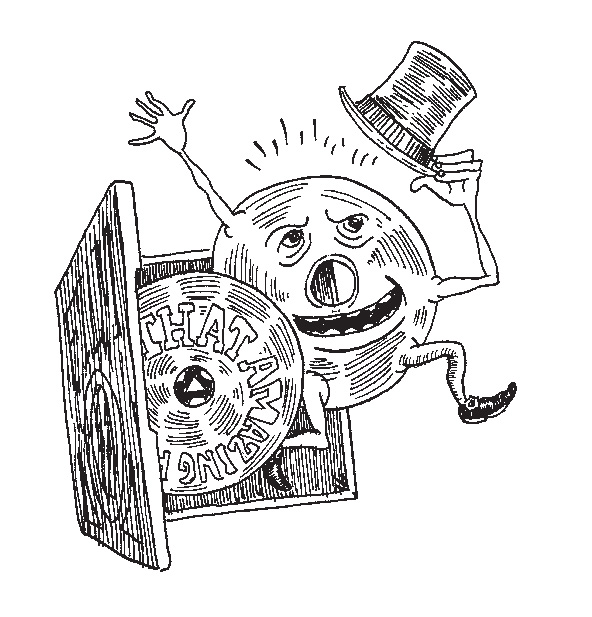A couple of summers ago, I met a guy who was putting together a guidebook to fantasy writer H. P. Lovecraft’s secret Rhode Island haunts. My first thought, as both a Providence-native and a Lovecraft fan, was that this was something I’d very much like to read. But then I started to wonder how such a book might impact the enchanted quality of those previously unpublicized spaces. Would Lovecraft’s hiding places become like the Bridges of Madison County, or DeLillo’s “most photographed barn in America”?
Call it the paradox of accessibility: as more and more shadowy items are brought to light, the allure of their obscurity and uniqueness is compromised. The phenomenon is particularly clear in the case of film. Everything that was once samizdat, from the shameless Tommy and Pam sex tape to the shameful Star Wars Holiday Special, has become effortlessly obtainable by any and all.
There was a time when I was relatively adventurous in my pursuit of hard-to-find titles. Now, unable to find an NTSC transfer of David Holtzman’s Diary after a single web search, I find myself throwing up my arms in defeat. More and more often, I seem to be making the assumption that if something doesn’t exist online, it must not exist in reality.
This may not seem like such a great tragedy in and of itself—until you consider what is actually lost in a culture of immediate availability and abundance. The rare films I have been lucky enough to view have felt, in each case, more my own, something I had a personal stake in, as a result of having had to work to attain them. The thrill of finally seeing a print of Victor Sjöström’s 1921 silent classic The Phantom Carriage at the Harvard Archives—a movie Ingmar Bergman hailed as his single greatest influence[1]—was a little sweeter having spent nearly six months trying in vain to learn Swedish so that I could obtain a copy myself through Svensk Filmindustri. (That sounds made-up, I know, but I swear it’s true.)
More exciting still was the experience of seeing Frederick Wiseman’s 1967 Titicut Follies, a harrowing, vérité-style documentary about the Bridgewater State Hospital for the Criminally Insane. Having heard so much about this landmark film—it is sometimes described as the mental-health equivalent of The Jungle—I’d tried for months to track down a cassette through video catalogues, universities, and libraries, all with little success, until I bit the bullet and approached Wiseman himself, who was kind enough to invite me to watch it at his studio in Cambridge. (Unfortunately, I had less luck with Oliver Sacks in my...
You have reached your article limit
Sign up for a digital subscription and continue reading all new issues, plus our entire archives, for just $1.50/month.
Already a subscriber? Sign in





